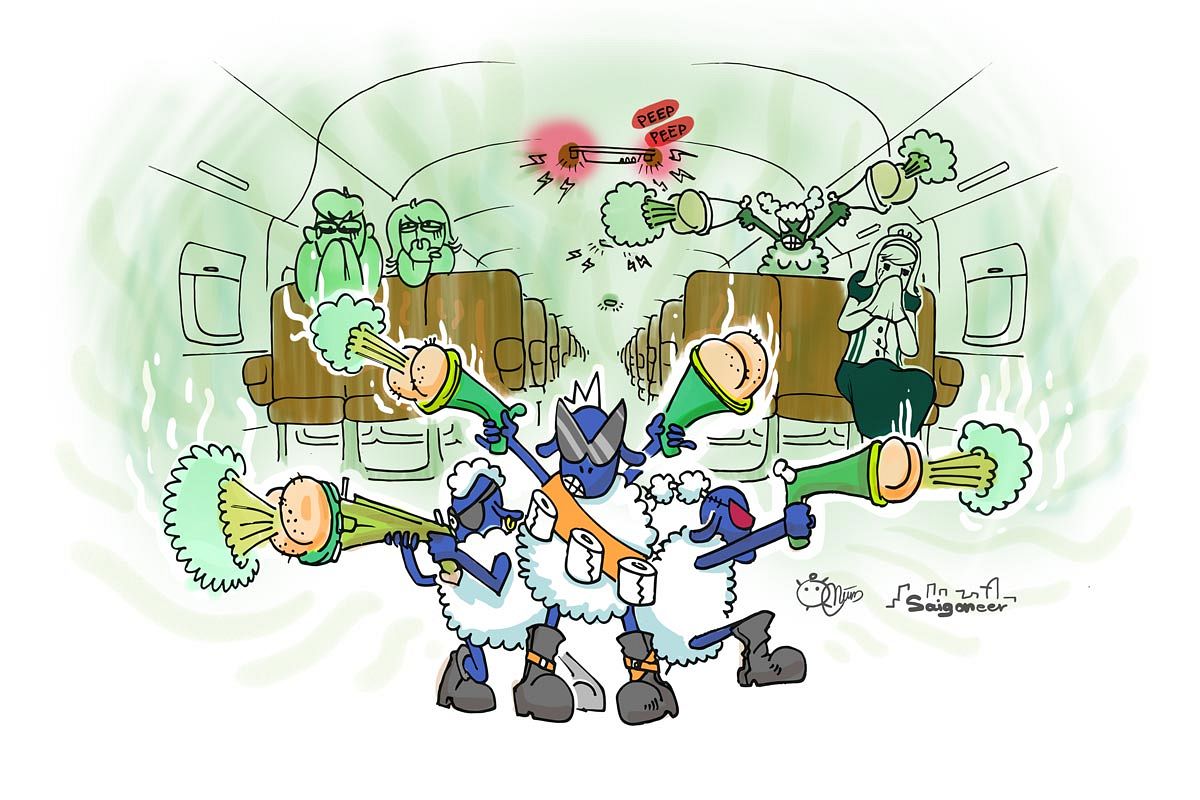Corporations and NGOs are working together to fight against human trafficking.
According to Reuters, Grab, one of Southeast Asia's largest ride-hailing firms, is going to train its drivers to spot victims of human trafficking in a region where it is a major issue.
Grab currently employs more than nine million drivers, delivery and merchant partners providing private cars, taxi, motorbikes, carpooling and food delivery services in Southeast Asia. “They [drivers] can be our eyes and ears on the ground,” Grab spokeswoman Teresa Tan told the wire service on Monday.
Human trafficking affects some 40 million men, women and children globally. The "modern slavery" traps them in a web of forced labor, sexual exploitation, and coerced marriages, according to the International Monetary Fund. It generates more than US$150 billion per year in illicit income, according to Reuters.
Given this reality, businesses worldwide are under pressure to combat human trafficking. The United Nations Office of Drugs and Crimes' 2018 Global Report on Trafficking in Persons report noted that there has been an increase in the number of detected human trafficking victims over the last few years, especially in the Americas and Asia.
The travel industry is on the front line of trafficking, and advocates hope that the popularity of ride-sharing services will help bolster efforts to fight it. "Taxi and ride-hailing drivers often unwittingly become the first point of contact for traffickers or victims, at airports or bus terminals. We want to make sure if that happens, they can detect and report these instances to authorities," Tan, the Grab spokesperson, added.
In its attempt to train employees to detect possible human trafficking, the ride-hailing firm, which operates in eight countries, from Vietnam to Indonesia, has collaborated with anti-trafficking group Liberty Shared to offer training through its app, the news source shares.
Archana Kotecha, a regional director at Liberty Shared, said: “This is a dynamic crime and it often involves moving people around. Ride-sharing methods have by far become the most popular in this region and that’s why we felt it would be a good idea.”
The joint Grab-Liberty Shared training will start this year in Cambodia and the Philippines.














